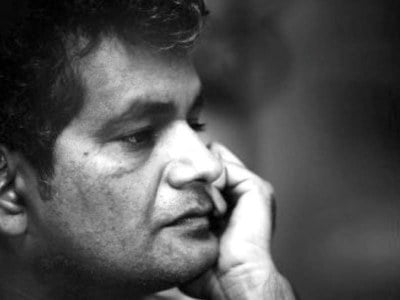During the past decade, more and more refugees from countries dealing with many conflicts, for example Afghanistan, Iraq, Iran, Sri Lanka and Myanmar, have fled to Indonesia, where they live in a legal state of suspense. According to the UNHCR, as of August 2016 there are 13.110 refugees in Indonesia, whose legal state is unclear due to the fact that the Indonesian government has neither signed the UN Refugee Convention, nor does it have any asylum laws at all.
Indonesia is especially attractive as a place of transition due to its proximity to Australia, as well as its size. The Indonesian archipelago stretches far, reaching 40,000 km in length, and, because of its permeable border, offers refugees many ways to easily enter and/or exit the country. The Indonesian government attempts to take accepted refugees to third countries and to deport those whose requests for asylum are rejected.
In this Asian country, there are no laws or regulations which make it possible for refugees to assimilate to the country and its society. During the first half of the year 2016, the UNHCR relocated 322 refugees who were staying in Indonesia – 147 were taken to Australia, four to Canada and 171 to the United States.
Some of those seeking asylum in Indonesia are members of the Hazara. They are an ethnic group, largely from Pakistan, which has been and continues to be persecuted to extreme levels. The Hazara people are easy to distinguish from the rest of the Pakistani population due to their Central Asian features. However, the government of Pakistan does not do anything to stop this genocide.
Participating author: Mohammed Hanif

Mohammed Hanif was born in Okara, Pakistan in 1965. After some years of military service, he decided on a career as journalist and author. In the late 1990s, he moved to London with his family. There he worked for the BBC, wrote articles for “The Guardian” and the “New York Times” as well as own literary works. In 2008, he published his debut novel “A Case of Exploding Mangos”, for which he was longlisted for the Man Booker Prize and shortlisted for the Guardian First Book Award. He also won the Commonwealth Writers’ Prize for the best debut novel. In 2011, he published his second novel “Our Lady of Alice Bhatti”, which was nominated for the Welcome Trust Book Prize 2012 and the DSC Prize for South Asian Literature 2013. Hanif Currently lives in Karachi, Pakistan.
